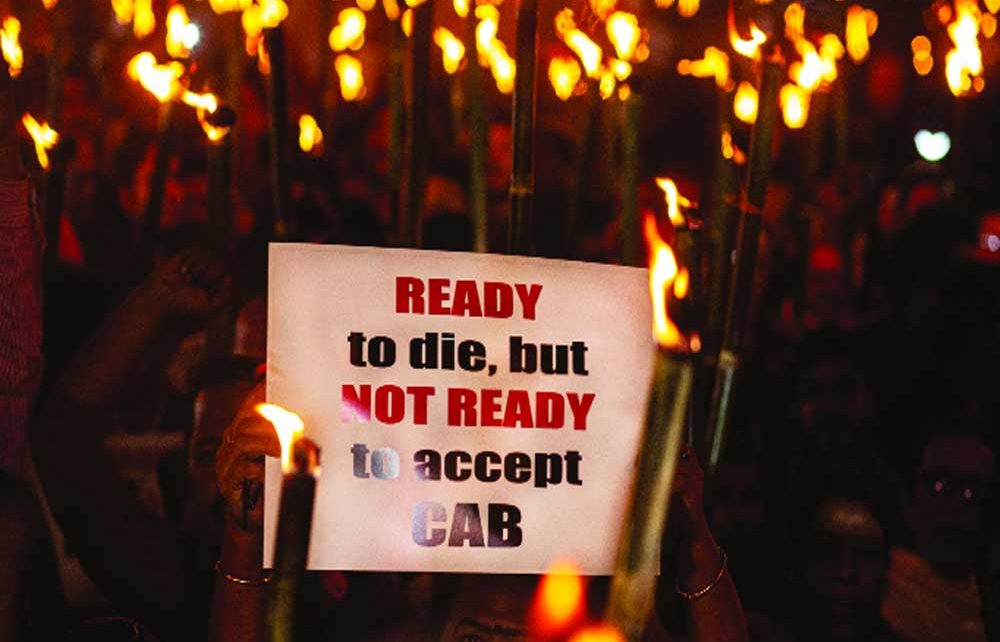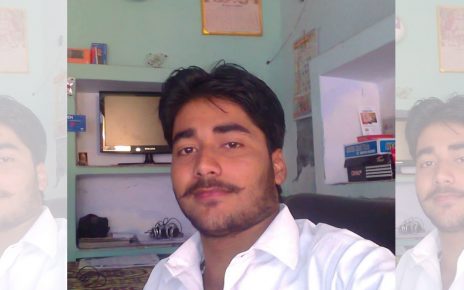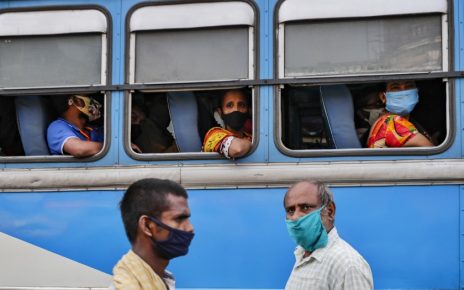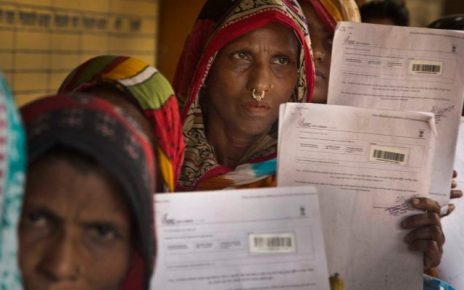The Pioneer
Published on 10 December 2019
Controversy over the CAB is focussed on the issues of Bengali Hindus excluded from NRC but the process also eliminates other citizens who have lived in the State for decades
If there was any doubt about the urgency for India’s new citizenship Act, Rachel Avraham, who exposed Rohingya Muslim atrocities against Hindus in Myanmar in 2017, provides it in an explicit account of the continuing rapes of Hindu women and girls in Bangladesh. (World ignores mass rape of Hindu women and girls in Bangladesh, Foreign Policy Blogs, November 8). While ugly incidents of abduction of school-going girls, their forced conversion to Islam and marriage are reported from Pakistan almost daily, there has been a conspiracy of silence over similar episodes in Bangladesh.
Avraham shatters this silence, saying, “All of the Government-inspired rapes that target Bangladeshi Hindu women merely because they were born into the wrong faith community, constitute a form of State-sponsored terrorism.” She cites Mendi Safadi, the head of the Safadi Center for International Diplomacy, Research, Human Rights and Public Relations, “Bangladesh in recent years has become a country that has suffered from a high number of ethnic murders, the mass rape of Hindu women and girls by mainly Muslim men and a high number of Hindus being expelled from their homes so that the Muslims can take over their lands.”
The World Hindu Struggle Committee documented the gang-rape, murder and suicides of Hindu women and girls and lamented that not a single major English language newspaper reported these incidents that were mentioned only in a few online news sites. So grim are the lives of Hindu families in Pakistan and Bangladesh (one does not get adequate news from Afghanistan) that there is a real need for the Government to consider a formal or informal pipeline to bring these suffering souls to the country. At present, India offers solace only to those lucky enough to cross the border.
However, the Citizenship (Amendment) Bill (CAB), 2016, adversely affects some groups with legitimate claims to reside in India. The Government must take cognisance of their concerns. The problem arises because the Bill exempts North-eastern States with the Inner Line Permit system, viz, Arunachal Pradesh, Mizoram and Nagaland, and this will create problems for the Chakma, Hajong, Bru/Reang tribes and other such as the Gorkhas, Scheduled Tribes, Bhojpuris, Nepalese, Koch Rajbongshis and tea tribes who cannot claim to have come from Pakistan, Afghanistan or Bangladesh and are, therefore, not covered under the CAB.
The Chakmas and the Buddhists, who comprised 98 per cent of the population in the Chittagong Hill Tracts that was nevertheless given to East Pakistan during Partition, suffered religious persecution and gradually crossed the border into India. After the 1962 war with China, the Government of India settled some Chakmas and Hajongs (Hindus from Chittagong) in Arunachal Pradesh in 1964. Many Chakmas claim to have inhabited the western belt of Mizoram from time immemorial. They resided in the Lushai Hills that were then part of Assam. Most of them lack documents to prove their Indian origins and are apprehensive that once the CAB is enacted and the National Register of Citizens (NRC) takes off, those without documents prior to the cut-off date (most likely December 31, 2014), will be declared as “non-Muslim minorities” from Bangladesh.
Chakmas and Hajongs complain that despite the two Supreme Court judgments in 1996 and 2015 and the Bharatiya Janata Party (BJP) in power in Arunachal Pradesh and New Delhi, not a single citizenship application of Chakma and Hajong migrants of 1964 has been settled, even though the processing of citizenship applications is being monitored by the Supreme Court since 2015. They now fear for their future in India under the CAB and the NRC. Human rights activist Suhas Chakma says that the community is under pressure to convert to Islam in Bangladesh and to Christianity in Mizoram.
According to Census 2011, there were 2,25,000 Chakmas all over India; Mizoram had 61,091, Nagaland had 2,67,529 and Arunachal Pradesh had 4,31,906 non-tribals, while Manipur has lakhs of people who might not have documents to prove their residence prior to 1951.
The Chakmas fear that as many as 40 per cent of the community could be forced out of Arunachal Pradesh and Mizoram once they are denied citizenship under the NRC, if Mizoram and Arunachal Pradesh are exempted from the CAB. This is because the Inner Line Permit systems will ensure that they cannot apply for citizenship from Arunachal Pradesh and Mizoram where they have long resided and they will have to move out of these States to apply for citizenship.
The Chakmas claim they have suffered religious and ethnic discrimination within Arunachal Pradesh and Mizoram. In Arunachal Pradesh, the State Government did not issue birth certificates, educational certificates and any document to the Chakmas. In 1994, Mizoram deleted the names of thousands of Chakmas from the electoral rolls and in 1997, nearly 30,000 Bru/Reang were driven out of the State and they continue to languish in camps in Tripura. In 2017, Nagaland withdrew the Scheduled Tribe status from the Rongmeis, a Naga sub-tribe, on the ground that they are not indigenous to Nagaland.
Suhas Chakma states that over 40 per cent of the Chakmas lack documents owing to poverty, illiteracy and absolute denial by the authorities and even non-government bodies (NGOs). He claims that in Arunachal Pradesh and Mizoram, if Chakmas appear for NRC with original documents, the NGOs/students’ bodies simply will tear up the original documents and declare the Chakmas as foreigners on the spot. As non-Muslim minorities from Pakistan, Afghanistan and Bangladesh, Chakmas and Hajongs would be entitled to Indian citizenship under the proposed legislation but they would be uprooted from their current homes where they claim to have roots going back for several decades (even more in Mizoram).
Hitherto, the controversy over the CAB has mainly focussed on the problems of Bengali Hindus who were excluded from the Assam-specific NRC, prepared under the directions of the Supreme Court. But the process also excluded Bhojpuris, Nepalis and others who have lived in the State for decades and cannot claim to be persecuted non-Muslim minorities from Bangladesh, Pakistan and Afghanistan. The question arises: Will these groups be rendered Stateless or will the Government find ways to ensure their citizenship rights?
The BJP, meanwhile, has managed to get support from the Asom Gana Parishad and explained that lakhs of illegal immigrants cannot be expelled as Bangladesh will not take them back. But much depends on the text of the re-written Bill.
(The writer is Senior Fellow, Nehru Memorial Museum and Library; the views expressed are personal)



